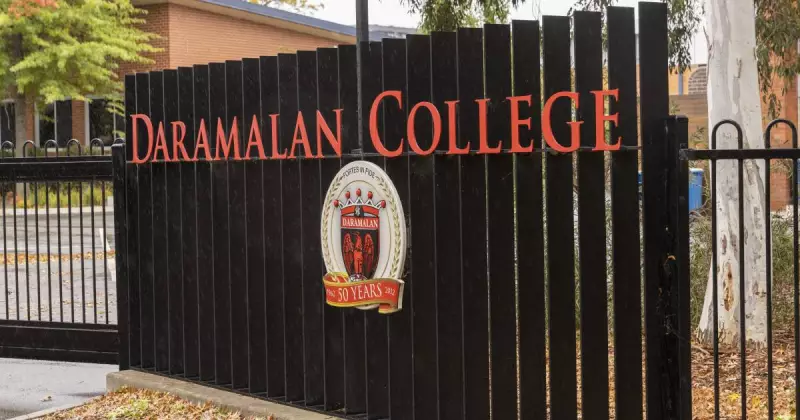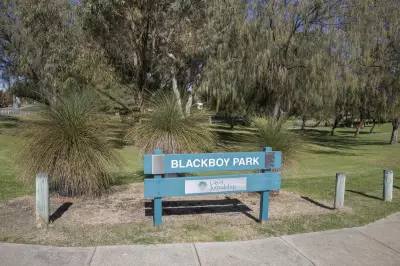
Landmark Ruling Paves Way for New Legal Action
The ACT Supreme Court has cleared the path for former students who allege they were sexually abused while attending Canberra schools to seek additional compensation, setting aside previous settlements that were reached under outdated legal frameworks.
In a significant decision on Thursday, November 27, Justice Verity McWilliam published her reasons for overturning settlements with three alleged victims, effectively removing legal barriers that had prevented them from pursuing further civil action.
The court judgements reveal claims made against both Daramalan College and the Trustees of the Roman Catholic Church, which operated St Matthew's Primary School during the relevant periods. The alleged abuses date back to the 1970s and 1980s.
Previous Settlements Deemed Inadequate
All three cases had been previously settled between 2007 and 2011, with compensation amounts ranging from $55,000 to $230,000. Justice McWilliam described one of these agreements as particularly unjust, noting the amount paid represented a figure far below what might be seen as full compensation if the plaintiff had succeeded at trial.
"Even accepting that a settlement is a compromise, the amount paid represents a figure far below what might be seen as full compensation if the plaintiff fully succeeded at trial," Justice McWilliam stated in her judgement.
The judge emphasized that the settlements were significantly below what would constitute a fair compromise in today's different legislative landscape, which has evolved substantially since the Royal Commission into Institutional Responses to Child Sexual Abuse.
Legal Reforms Remove Historical Barriers
Since the original settlements were reached, ACT laws surrounding abuse claims have undergone major changes following recommendations from the landmark Royal Commission. These reforms have eliminated significant barriers that previously hindered victims from obtaining fair compensation.
Key changes include the removal of time limitations and difficulties in identifying appropriate defendants to sue. Under one new piece of legislation, organizations remain responsible for a child's welfare even if they delegate care and supervision to someone else.
Justice McWilliam found that the previous settlements had prevented the former students from pursuing further civil claims in the ACT Supreme Court. She was satisfied that at the time they signed the agreements, all three alleged victims faced different legal barriers to being fully compensated, with the amounts paid out being indicative of those limitations.
The court's decision now allows these individuals to seek proper redress without the legal barriers that previously influenced settlement considerations, marking a significant step toward justice for historical abuse victims in the Australian Capital Territory.





